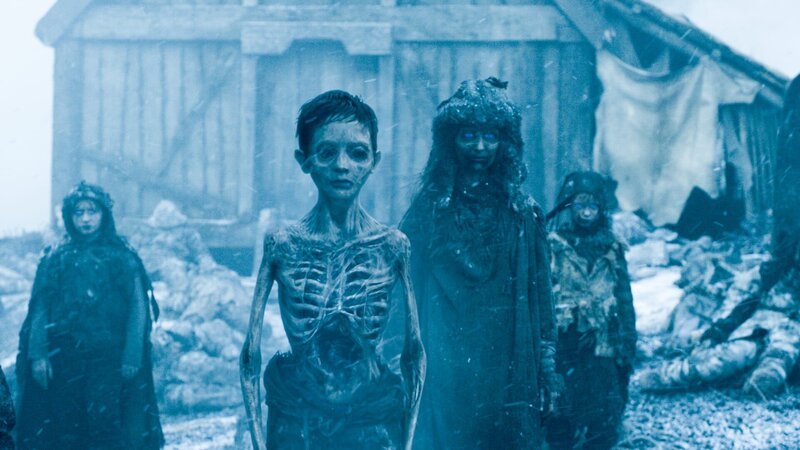Introduction
Game of Thrones, the epic fantasy series based on George R. R. Martin’s “A Song of Ice and Fire”, revolutionized modern television. Premiering on HBO in April 2011 and concluding in May 2019, it captivated millions worldwide, sparking massive cultural phenomena and shifting viewing habits. Understanding its significance offers insights into shifts in entertainment and storytelling.
Cultural Impact
Over its eight-season run, Game of Thrones shattered records, becoming one of the most-watched series in HBO’s history. The series not only dominated television ratings but also became a significant part of popular culture. Characters like Jon Snow and Daenerys Targaryen became iconic figures, inspiring costumes, memes, and fan theories that circulated throughout social media. The show’s ability to engage audiences through unexpected plot twists and moral ambiguity reinvigorated interest in complex storytelling.
Content Creation Revolution
The success of Game of Thrones also catalyzed a new era in content creation. Following its massive success, networks began to invest heavily in original programming that embraced epic storytelling, expansive worlds, and serialized narratives. Shows like Netflix’s “The Witcher” and Amazon’s “The Wheel of Time” followed suit, showcasing a surge in adaptations of fantasy novels and series. Additionally, the popularity of Game of Thrones paved the way for prequel presentations, like “House of the Dragon,” which debuted in 2022, further expanding the lore and attracting a new generation of fans.
Challenges and Controversies
Despite its acclaim, the series faced its share of challenges. The final season, particularly, was met with mixed reviews from critics and fans alike, igniting heated discussions around narrative closure and character arcs. This backlash highlights the challenges of adapting beloved literary works and the expectations of a devoted fanbase. Nonetheless, its overall impact on the television landscape remains profound.
Conclusion
The legacy of Game of Thrones extends far beyond its controversial finale. It transformed television by blending high production values with narrative complexity. As various networks continue to explore epic storytelling within fantasy genres, the influence of Game of Thrones endures. For viewers, the series remains not just a story, but a benchmark for future works in fantasy television—a standard against which the next generation will be measured.


